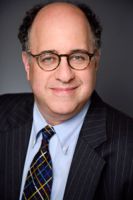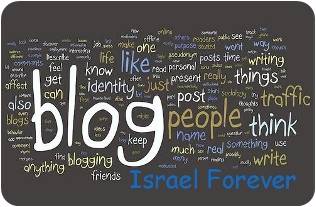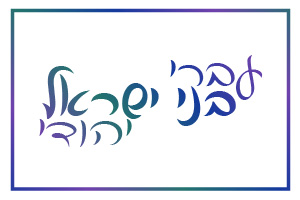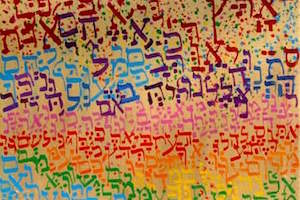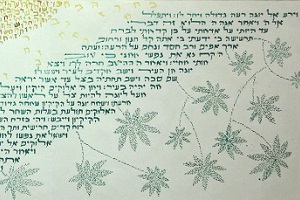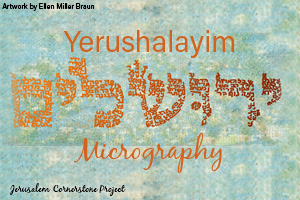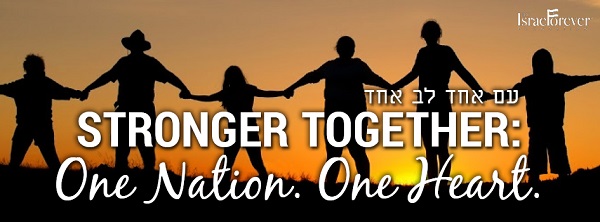The Miracle
By John Podhoretz
My Hebrew is terrible, despite years of study as a kid, so when I hear Hebrew spoken conversationally in Israel, I can get every fifth or sixth word. The effect is something like “bzz bzz bzz HOUSE bzz bzz bzz SHABBAT bzz bzz bzz WAIT bzz bzz bzz GOOD bzz bzz bzz NO.”
I have given up attempting to decode, and so I wander the streets of Jerusalem in a kind of drunken haze, as though I am at a party where the music is so loud that it has largely deafened me. And this analogy—of the streets of Jerusalem to a loud party—is not just an analogy. One afternoon, some years ago, the city was all but shut down by a Gay Pride parade.
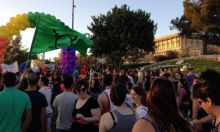
Marching by the Knesset for Jerusalem's Gay Pride parade, August 1, 2013. Photo: NIV ELIS
Two large stages had been constructed, two blocks from each other, in the center of town right near the terrific boutique hotel I was staying at (the Atlas Harmony Hotel, which I commend to you, as does Trip Advisor), and bands played all afternoon in the sweltering heat as legions of Israelis and tourists walked by, shopping and drinking coffee and pushing strollers and getting ready for the Sabbath.
Hebrew had not been a spoken language for nearly 2,000 years until European Jews moved to Palestine in the 1870s. The main pedestrian mall in Jerusalem, where one of the two concert stages was set up, is on Ben-Yehuda Street. The street is named for Eliezer Ben-Yehuda (born Perlman), who moved to Palestine in 1881 from what is now Belarus.
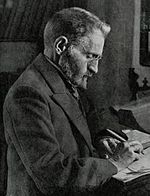
Eliezer Ben-Yehuda
He believed that Jews gathering in the historical Israel needed a common tongue and that they should use the language of the Bible, which had been spoken conversationally only by Biblical and Talmudic scholars in the nearly two millennia since the fall of Masada—and only to discuss religious texts.
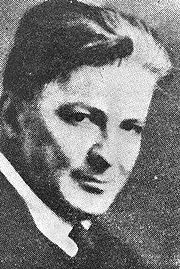
Ben-Zion, son of Ben-Yehuda
A zealot, Ben Yehuda decided to turn his own son Ben-Zion (son of Zion) into the modern world’s first native Hebrew speaker. Ben-Zion was born in 1882 and later changed his name to Itamar Ben-Avi. He spoke to Ben-Zion solely in Hebrew, would not expose him to other languages—which meant, among other things, that the boy could not converse with his older half-siblings or other children—and through his tutelage, began to build the structures of a modern vocabulary for a language to which useful words had not been added since the first century AD.
Now there are eight million people in Israel for whom Hebrew is their native language or the language they have adopted as immigrants—speaking a tongue all but unheard on the face of the earth two millennia.
My nephew, born and raised in Israel, was married on Thursday on a kibbutz just outside Jerusalem. His sister and the bride’s sister made a funny video designed to look like the title sequence to a wholesome family sitcom of the 1980s or 1990s set to the theme song of the show “Family Matters.” The theme song was in English. The credits were in Hebrew. The settings were Jerusalem and the kibbutz on which the bride grew up.
This country is a miracle.
Previously published in Commentary Magazine
Do you have a memorable story of your time in Israel?
Share your passion and pride in Israel through your own voice!
Send us your words, photos and personal Israel experience - blog@israelforever.org!
About the Author
